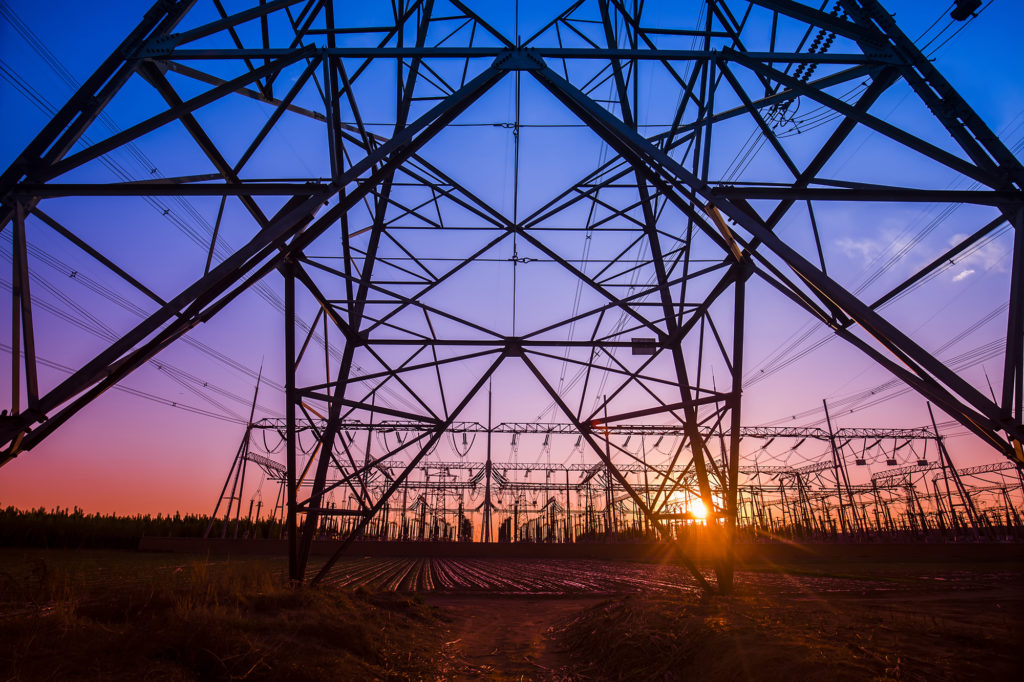
Electric cooperatives can be excused if they had a flashback when the Trump administration announced plans to raise $5.5 billion by putting a “for sale” sign on the grid-related assets of three federal power marketing agencies.
It’s a battle co-ops have fought and won in the past, and they say they will wage it just as aggressively this time.
“America’s electric cooperatives are deeply concerned about proposals in the budget that would undermine the vital power marketing administrations,” said NRECA CEO Jim Matheson. “NRECA will unequivocally oppose this proposal.”
Opponents say the sell-off, part of Trump’s fiscal 2018 budget proposal, could lead to higher rates and threaten the reliability of power for millions of members in more than 20 states across the country.
Also at stake is a decades-old principle that PMA customers, such as co-ops, pay to build and maintain those transmission systems and receive low-cost hydropower in return for their investments.
Reliving the Battle
Previous administrations have attempted to divest the government of the four power marketing administrations, which primarily deal in hydropower from federal dams.
In 1986, President Reagan proposed selling the PMAs to the highest bidders as part of an upcoming federal budget. Amid an outcry from co-ops and Congress, Reagan reluctantly signed legislation in July 1986 barring the sale of the agencies without congressional approval.
In 1995, NRECA spearheaded a campaign to defeat a Clinton administration proposal to privatize the PMAs.
“This was a bad idea in the 1980s, a bad idea in the 90s, and is still a bad idea today,” said Kirk Johnson, NRECA senior vice president, government relations. “We will be working with Congress to stop it from happening.”
PMA Customers Object
The Trump proposal differs from past efforts because it applies to transmission assets—wires, transmission structures and substations—and excludes generation facilities. It targets three of the PMAs. The Southeastern Power Administration does not have transmission assets.
Groups representing customers of the three affected agencies—Bonneville Power Administration, Southwestern Power Administration and Western Area Power Administration— expressed misgivings about the Trump budget plan.
Spinning off Portland, Oregon-based Bonneville Power Administration’s transmission network would account for the largest chunk of the $5.5 billion in projected budget savings. BPA operates about three-quarters of the high-voltage network in the Northwest,
“We’ll want the details, but the effect appears to be a transfer of value from the people of the Northwest to the U.S. Treasury,” said Scott Corwin, executive director of the Public Power Council, which represents Northwest co-ops and other consumer-owned utilities.
“Electricity consumers in the West have paid to construct and maintain a system that would be sold off to fund the federal government,” he said.
Bill Drummond, executive director of the Mid-West Electric Consumers Association, which represents WAPA customers, said a sale makes no sense for federal power customers and their consumers within the Missouri River Basin. WAPA estimates it has $4.3 billion in overall assets.
“Selling WAPA’s transmission system amounts to nothing more than a tax on the mainly rural PMA customers,” Drummond said. “There will be no increase in reliability or efficiency. Since a large portion of WAPA joined the Southwest Power Pool 20 months ago, there would be no change in how those transmission assets are operated; wheeling costs would just increase.”
Steven Johnson is a staff writer at NRECA.